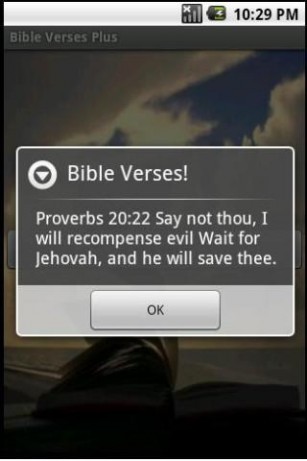
This summer, I departed from my usual Christian-themed and classic recreational reading for a more contemporary twist to my free time. I have previously blogged about whether or not entertainment is harmless, and this blog builds upon those three points: 1. The journey matters 2. We can never shut off our brains 3. Be careful what you recommend.
Last month, I finished reading the #1 New York Times Bestseller Eat, Pray, Love by Elizabeth Gilbert, subtitled “One Woman’s Search for Everything Across Italy, India and Indonesia.”
The novel begins with these words: Culturally, though not theologically, I’m a Christian.
At this point in my reading journey, I contemplated setting the book aside and not reading farther. But I remembered how my Christian friends flocked to the movie theaters when this became a movie staring Julia Roberts.
When you watch the trailer, nothing jumps out at you as overtly spiritual. But the book is truly one woman’s search for god.
Here are a couple quotes to guide you through the novel’s spiritual quest.
Traditionally, I have responded to the transcendent mystics of all religions. I have always responded with breathless excitement to anyone who has ever said that God does not live in a dogmatic scripture or in a distant throne in the sky, but instead abides very close to us indeed – much closer than we can imagine, breathing right through our own hearts.
In the end, what I have come to believe about God is simple. It’s like this – I used to have this really great dog. She came from the pound. She was a mixture of about ten different breeds, but seemed to have inherited the finest features of them all. She was brown. When people asked me, “What kind of dog is that?” I would always give the same answer: “She’s a brown dog.” Similarly, when the question is raised, “What kind of God do you believe in?” my answer is easy: “I believe in a magnificent God.”
I knew then that this is how God loves us all and receives us all, and that there is no such thing in this universe as hell, except maybe in our own terrified minds. Because if even one broken and limited human being could experience even one such episode of absolute forgiveness and acceptance of her own self, then imagine – just imagine! – what God, in all His eternal compassion, can forgive and accept.
Reading this book challenged me in a refreshing way. I have been struggling with a lack of passion in my prayer life this summer. I was then confronted with a novel whose leading lady would spend a minimum of 1 hour in complete silence, meditating to her “god” daily. She went so far as to live in India, follow a guru, and take a vow of silence in order to get in better touch with her “inner god.” She would wake up at 4:00 a.m. in order to have more time with the divine.
How convicting is it that this real-life lady would sacrifice her life in pursuit of a false god when I have the true God who created the Universe and cannot focus for fifteen minutes at a time when I am in His presence?
As I finished the book, I turned it over to the back cover and looked eye to eye with the author who had lived this life. Without realizing it, I found myself praying that one day she would encounter the true Yahweh God and she would regret every last copy of this book that was sold. I prayed for her salvation and that she would have another Bestselling book, this time, pointing people to Scripture, not to a self-led journey.
1. Close theology is wrong theology. Our Yahweh God is a magnificent God; she is right about that. But He is not magnificent because He is a mix of everything we want. He’s not a trail mix that you can choose what to add to your batch. He’s the King who reigns whether or not we acknowledge Him. He’s the Priest who intercedes for us, even when we don’t have words to utter.
2. Beautiful rhetoric does not equal proper applications. Possibly my favorite quote from the entire book is the first one listed above. I don’t believe in a God confined to dogmatic Scripture either. I believe in a God who is active and living, a God whose Word is sharper than any double-edged sword.
3. Entertainment is not harmless. The author of this book is clear about her viewpoint of God. As Christians, we need to be able to hold discussions with friends as to why this book is not correct. We do not need to read non-Christian books if they will cause us to stumble. But as we grow in Christ, we need to be able to refute lies.
4. Even untruth leads to the Gospel. Some books are best left unread. But I felt strongly that I had something to gain with this one. I wanted a refresher course on how much of our world views religion. I now have the facts to argue against this book. I can meet a friend over coffee to discuss specific passages and why a self-made god is a worthless idol. We cannot redeem the book, but we can redeem our conversations by using even a non-Christian book as an entryway to the Gospel.





No comments yet.
Add your comment